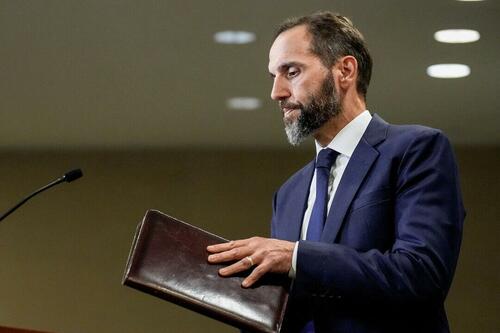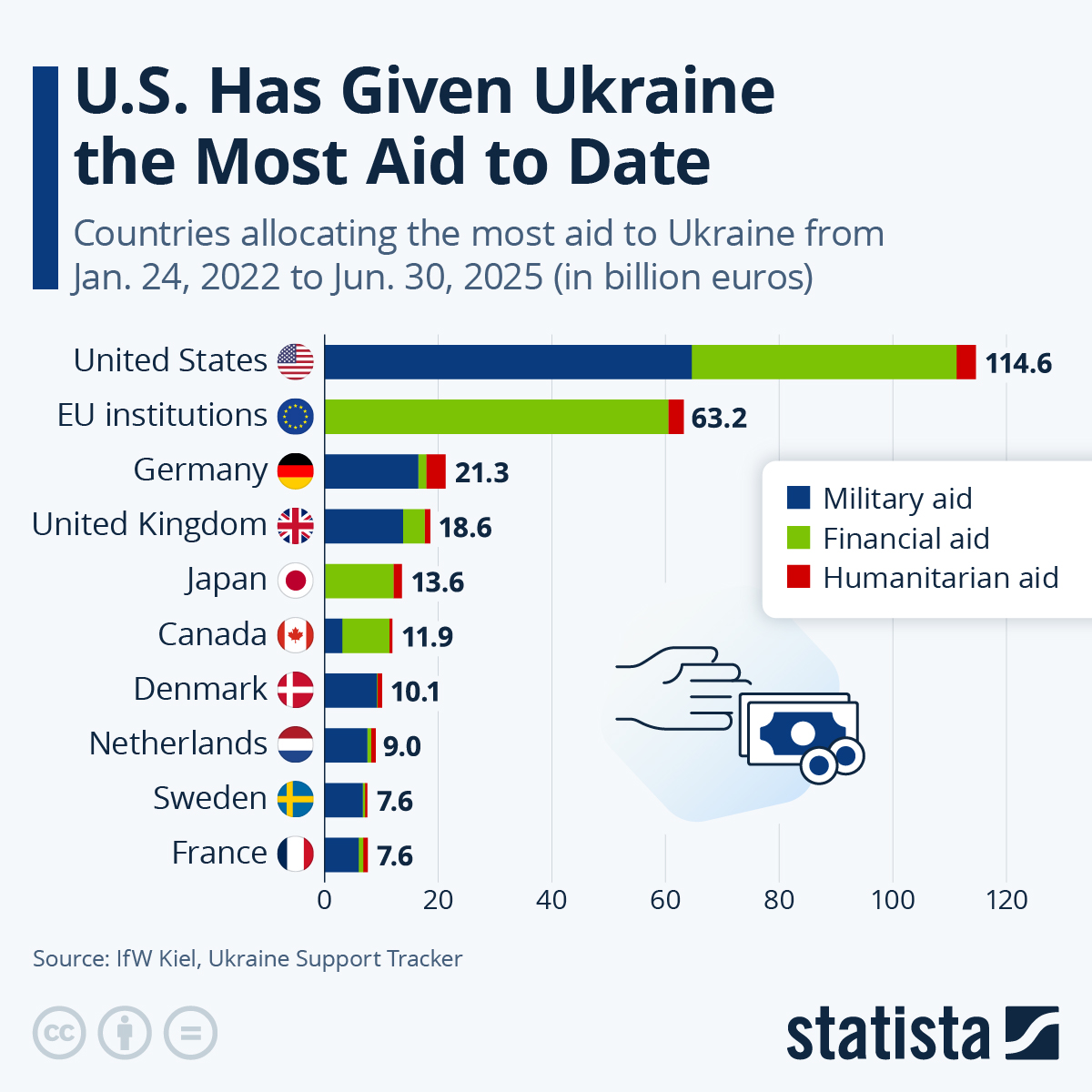School Nurses Push Back on Maine’s New Vaccine Reporting System

Source: Children’s Health Defense
Seventy school nurses across Maine are challenging the state’s new vaccine reporting system, saying it adds to their workload, shares student records with a third party without consent and could breach student privacy.
The nurses outlined their concerns over the new Docket for Schools “reporting module” in a letter sent last week to Gov. Janet Mills and state lawmakers, the Portland Press Herald reported. The Defender could not obtain a copy of the letter.
Docket for Schools is an electronic system that allows “school nurses, administrators and public health stakeholders” to input and update all students’ vaccination records.
The nurses said the system raises concerns about overreach and unnecessary exposure of student vaccination data, and burdens nurses with additional “time-consuming administrative tasks,” according to an excerpt of the letter published by the Press Herald.
The nurses also said that “parents didn’t give informed consent to have detailed personal information … uploaded to a third-party platform,” the Press Herald reported.
“While we fully support the importance of protecting public health and ensuring accurate immunization records, we are deeply concerned about the burdens and risks this system places on schools, school nurses and families,” the letter states.
Tiffany Kreck, executive director of Health Choice Maine and a member of the board of Children’s Health Defense New England, agreed. “In Maine, families’ right to informed consent has already been eroded into near non-existence,” she said.
“No one has provided parents any information on this system, no one has consulted with parents, and no one gave parents an option to have their child’s data accessed or maintained by this system,” Kreck said.
The Maine Department of Education (DOE) and the Maine Center for Disease Control and Prevention (CDC) introduced the system in April, saying it would launch during the 2025-26 school year.
The state agencies said Docket for Schools would ensure uniform and thorough record-keeping of students’ vaccination data. In a June memo, the Maine DOE said schools often submitted student vaccination reports that were “incomplete, erroneous, or not received.”
The memo states that Docket for Schools will help the Maine DOE and CDC conduct “year-round compliance oversight” and will give school superintendents continuous access to their schools’ vaccination compliance rates.
Maine requires the diphtheria, tetanus and pertussis (DTaP), polio, measles-mumps-rubella (MMR), varicella (chickenpox) and meningococcal meningitis vaccines for elementary and secondary school attendance.
The Maine DOE and CDC, the governor’s office and the Maine Association of School Nurses did not respond to The Defender’s request for comment by press time.
State’s reassurances do not satisfy Maine nurses
In a joint statement quoted by the Press Herald, the Maine DOE and the state’s Department of Health and Human Services said personal data contained within the Docket for Schools system can be accessed only at the school level and that the system permits the release of records only in accordance with federal privacy laws.
“The Maine DOE and the Maine CDC will continue to seek and incorporate feedback from school nurses and other school staff as this transition progresses,” according to the joint statement.
The statement reiterated the June memo’s reassurance that Docket for Schools meets “data privacy requirements” under state law and the Federal Educational Rights and Privacy Act.
Yet, the memo noted that parental consent forms are not required for adding students’ data to the system, as consent forms “are only required for shared data, and student records cannot be accessed by users outside of their school.”
In an Oct. 10 follow-up memo responding to nurses’ concerns, the Maine DOE reiterated that data within the Docket for Schools system is safe and is handled in accordance with state and federal law.
But nurses who spoke to the Press Herald said these reassurances did not fully address their concerns.
The Press Herald reported:
“One of the biggest frustrations nurses have with the new system is that school nurses don’t actually give immunizations. They are usually administered by a pediatrician, but the program requires the nurses to input original records from the student’s primary care provider, which are often full of small clerical errors made by those offices, made several years earlier.”
Kreck noted that Docket, the developer of the Docket for Schools system, is “a privately-owned, for-profit company that is not answerable to the public in the same way government and bureaucracy is.”
In 2021, a security bug in a Docket-developed health app exposed users’ COVID-19 vaccination records.
The new system means more documentation and paperwork for nurses, according to Colleen Marzilli, Ph.D., executive director of the American Nurses Association-Maine (ANA-Maine).
“Any transition to new reporting tools and processes must honor nurses’ crucial role and respect the realities of an already demanding workload,” she said.
State, federal governments ‘collecting more and more personal information’
Dr. Meryl Nass, founder of Door to Freedom, said Maine’s implementation of the Docket for Schools system is part of a trend where “state and federal governments have been collecting more and more personal information on citizens.”
Nass questioned why Maine authorities want to collect the vaccination data. She said:
“In the case of school immunization records, the states are merely seeking a second (or third or fourth) source of information regarding which children have received which vaccines and when.
“Since no vaccine is 100% effective after vaccination, and all have reduced efficacy over time, the records will provide information on compliance but will not provide information on whether a child is effectively resistant to an infection. Why does the state government demand this information?”
Nass said the data collection raises constitutional concerns under the Fourth Amendment.
The government “needs a warrant to collect personal effects” and cannot get a warrant without showing “probable cause — evidence regarding a crime.” Nass said. “Schoolchildren have committed no crime, yet governments want all their health data.”
Nass said that, in the event of an outbreak, local officials — not those at the state or federal level — are best equipped to respond. She said:
“If there is an outbreak, it will be up to (only) local officials to determine whether any children should be advised to stay home. Infections, pandemics and epidemics, no matter how widespread they may be, are only dealt with at the local level, by patients and medical providers caring for patients one by one, attending to their distinctive and individual needs.
“As we learned from COVID-19, the advice, the rules and the supplies coming from the state and federal governments provided essentially zero benefit to sick COVID patients. The less information we supply to the state and federal governments, the safer we are likely to be and the more compliant with the Constitution, which gives governments no authority over citizens’ health.”
Marzilli said state authorities should consider stakeholders’ concerns regarding the Docket for Schools. She said:
“Nurses remain committed to advancing safe, efficient, and ethically sound public health practices for all Maine students. As our communities adjust to evolving requirements, ANA-Maine calls for ongoing communication, transparency in decision-making, and meaningful opportunities for input from those most directly impacted.
“The well-being of students and the effectiveness of health initiatives are inextricably linked to the capacity and wellness of school nurses. We urge all stakeholders to remember that supporting nurses is essential to safeguarding the health of our school communities.”
New system may offer ability to track unvaccinated and their doctors
Maine is one of just four U.S. states that don’t allow religious exemptions to vaccination. The state prohibited them in 2019. However, Maine lawmakers are considering bills that would restore the exemptions.
Kreck said Docket for Schools will allow the state and private actors to track the unvaccinated and the reasons they’ve opted not to receive vaccines. She said the platform also collects data on physicians who issue medical exemptions to vaccination.
“The app tracks specific exemption information for vaccines, which means that the company and anyone they share the information with, including the state, will have data analysis capabilities to identify people who have specific religious beliefs and philosophical beliefs, as well as tracking doctors that are writing medical exemptions,” Kreck said.
Kreck added that school nurses’ workload in Maine increased after the state banned religious exemptions. She said:
“Enforcement of the policy change landed almost solely on the shoulders of school nurses, who now must spend additional time each year sorting vaccine records, categorizing by compliance and reporting to the state.
“It is also the nurse that has to contact any non-compliant family and bring them into compliance.”


This article was funded by critical thinkers like you.
The Defender is 100% reader-supported. No corporate sponsors. No paywalls. Our writers and editors rely on you to fund stories like this that mainstream media won’t write.
Maine working to ensure access to COVID vaccines
Maine is rolling out the Docket for Schools system as the state continues to enact policies ensuring access to COVID-19 vaccines.
Last month, Mills issued a standing order authorizing healthcare providers in the state to administer COVID-19 vaccines without a prescription.
The order was in response to new federal guidelines limiting COVID-19 vaccine recommendations to the elderly and high-risk groups, although the vaccine is still available to anyone who wants it. Maine enacted its new policy in coordination with public health officials from several other northeastern states.
During the COVID-19 pandemic, Maine nurses who refused to comply with the state’s vaccine mandate for healthcare workers were fired, including nurses who were denied religious exemptions.
In June, the U.S. Supreme Court refused to hear an appeal challenging the firings. Maine repealed its mandate for healthcare workers in 2023. After Maine lifted the mandate, some healthcare employers in the state offered to rehire the fired nurses.
In March, the Maine Supreme Judicial Court upheld a lower court ruling that school medical staff cannot be held liable for giving a COVID-19 vaccine to a minor without obtaining parental consent.
The ruling stemmed from a lawsuit filed in 2023 by the parents of a boy who received the Pfizer-BioNTech COVID-19 vaccine in 2021 at his school, though his parents did not consent to the vaccination.
Related articles in The Defender
- Supreme Court Won’t Hear Appeal by Maine Healthcare Workers Fired for Refusing COVID Vaccine
- Maine Hospital Fired Nurses for Refusing COVID Shots — Now It’s Begging Them to Come Back
- Maine Court Rules Against Family of Child Vaccinated Without Parents’ Consent at School
- Family of Boy Vaccinated Without Consent at School Asks Maine Supreme Court to Hear Case
- Eight Northeast States Eye End Run Around CDC Vaccine Recommendations
Recent Top Stories
Sorry, we couldn't find any posts. Please try a different search.











